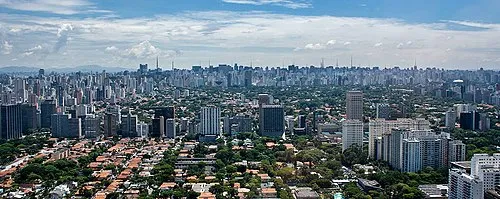
Celebrating Nunavut Day: A Deep Dive into the Heart of Canada’s Northern Territory
Nunavut Day is an important holiday celebrated annually on July 9th, marking the day when Nunavut officially became a territory in Canada in 1999. This day is not only a celebration of Nunavut's status but also a vibrant expression of the culture, language, and the resilient spirit of its Indigenous peoples.
What is Nunavut Day?
Nunavut Day was first celebrated in 2001, following the establishment of Nunavut as a territory. Initially part of the Northwest Territories, Nunavut was created to acknowledge the unique identity and rights of its predominantly Inuit population. Celebrated in communities throughout Nunavut, the day features various events, including traditional music, dance, food, and cultural exhibitions.
The Significance of Nunavut Day
This holiday holds deep significance for the local communities, as it symbolizes self-governance and recognition of Indigenous rights. It is a day to reflect on the achievements made since the creation of Nunavut and the ongoing efforts to preserve and promote the distinct Inuit culture, language, and heritage.
How is Nunavut Day Celebrated?
Nunavut Day celebrations vary by community but often include:
- Cultural Festivals: Events featuring drum dancing, throat singing, and storytelling highlight the rich heritage of the Inuit people.
- Feast Days: Traditional foods such as Arctic char, caribou, and seal meat are often served, allowing residents and visitors to experience the unique culinary culture.
- Sports and Activities: Traditional games like the Inuit games, along with modern sports, engage community members of all ages.
- Community Gatherings: Street fairs, parades, and family gatherings foster a sense of community and celebration.
Understanding Nunavut's Culture
Nunavut is not just a geographical area; it is a place rich in history and culture shaped by its inhabitants. The Inuit have lived in this land for thousands of years, adapting to the harsh Arctic climate. Today, the territory is home to vibrant communities that blend traditional Inuit practices with modern living.
Languages such as Inuktitut and Inuinnaqtun are actively spoken and taught in schools, reinforcing the importance of cultural preservation. Artistic expressions of Inuit culture, including carving, weaving, and printmaking, contribute to the unique identity of Nunavut.
Economic and Social Challenges
While Nunavut Day is a time for celebration, it also serves as a reminder of the challenges faced by its residents. Economic opportunities are limited due to the remoteness of the territory, leading to high costs of living and housing shortages. Social issues such as mental health challenges and high rates of substance abuse are prevalent, making it critical for community leaders to address these challenges.
Looking Ahead
As Nunavut continues to grow and evolve, the celebration of Nunavut Day will remain a vital part of its identity. The commitment to preserving Inuit culture, coupled with the ambitions of the younger generations, will play a key role in shaping the future of the territory.
For residents and visitors alike, Nunavut Day is much more than a holiday; it is a celebration of identity, resilience, and a commitment to cultural heritage. As we look to the future, the spirit of Nunavut Day reminds us of the strength found in community and the importance of celebrating diversity.






